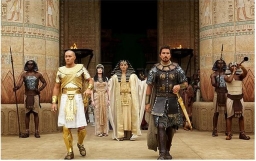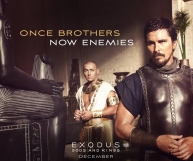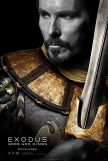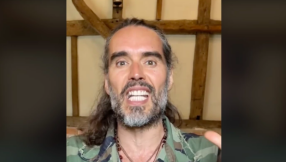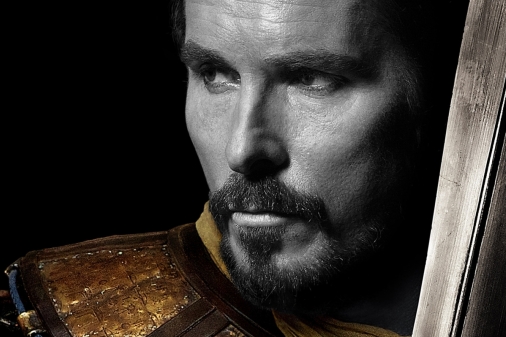
Actor Christian Bale has said "drones would be sent after" Moses if he were alive today.
Speaking to ABC Nightline ahead of the release of biblical blockbuster Exodus: God and Kings in December, Bale said of his character: "He was so much more human than I had ever imagined... had all sort of temptations and indulgences that he had grown up with.
"[He was] absolutely seen as a freedom fighter for the Hebrews, but a terrorist in terms of the Egyptian empire."
Having studied religious texts from Christianity, Judaism and Islam to get to grips with his character, Bale added: "What would happen to Moses if he arrived today? Drones would be sent out after him, right?"
He also praised director Ridley Scott for his daring undertaking; the $140million movie was shot in just 74 days and is expected to be a box office hit.
"What he is writing is a story of revolution," Bale said of Scott. "And that's a story that can resonate, no matter what time."
In an interview with Variety magazine, Scott – a self-described agnostic – has said he was compelled to make the movie due to a fascination with Moses. But he also said he had to accept Moses' existence, and the events of his life as written in scripture, before he was able to begin filming.
"Once I accept that, how do I proceed, with the greatest respect to the story? It's so easy to (give the finger) to religions, and we've kind of got to stop that," he said.
"If you believe, you believe; if you're faithful, you're faithful. I don't care what your religion is. The same if you're agnostic. That should be accepted too."
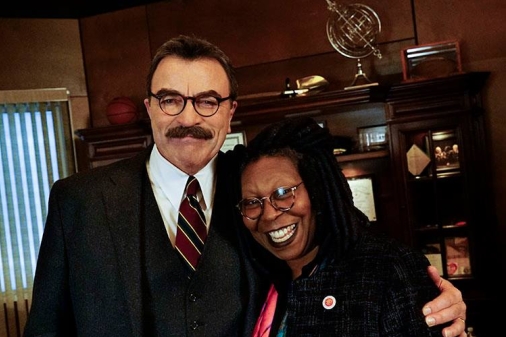
Despite this, there has been much discussion over how accurate to the original text the final cut will be.
Scott has described Moses' story as "one of the greatest adventures and spiritual experiences that could ever have been," but critics have expressed concern that attempts to adapt the movie to fit Hollywood's standards will mean key details are lost.
Attracting particular interest has been the revelation that in the film, it is not God who directly parts the Red Sea, but an earthquake.
"You can't just do a giant parting, with walls of water trembling while people ride between them," Scott said in an interview with Entertainment Weekly.
"I didn't believe it...when I was just a kid sitting in the third row. I remember that feeling, and thought that I'd better come up with a more scientific or natural explanation."
Another interesting diversion from the original text is that Moses' face-to-face encounter with God in the movie comes in the form of a young boy, Malak, played by 11-year-old British actor Isaac Andrews.
He appears several times throughout the film to guide and grapple with Moses. Malask means "messenger" in Hebrew, and Moses comes to understand that the boy is being used by God to speak to him.
"Sacred texts give no specific depiction of God, so for centuries artists and filmmakers have had to choose their own visual depiction," Scott has explained. "Malak exudes innocence and purity, and those two qualities are extremely powerful."
He told Variety that this decision helped to avoid depicting God as "voices form the rocks with thunderous clouds and lightening."










